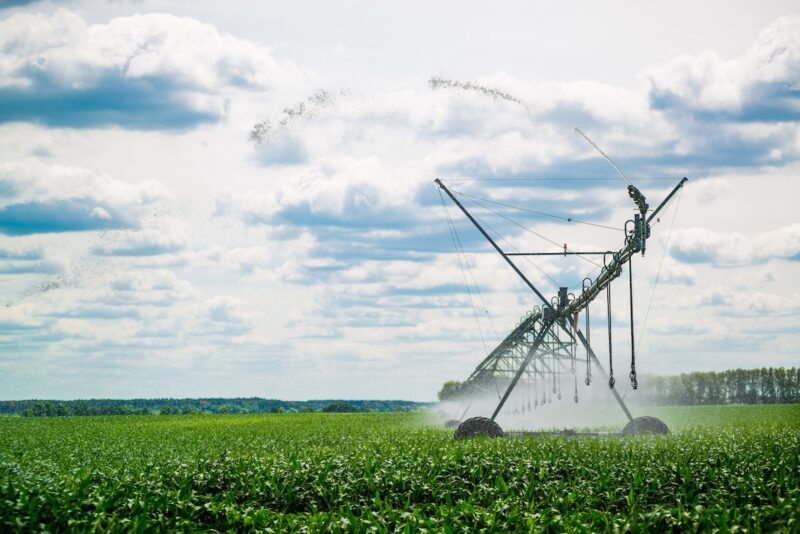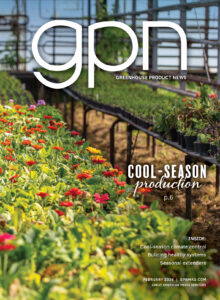
MSU economist studies weather risks in agriculture
Following major crop losses in Michigan’s sweet cherry industry, a new agricultural economist at Michigan State University is studying how rare but extreme weather events affect farming operations.
Tor Tolhurst joined MSU in fall 2024 as an assistant professor in the Department of Agricultural, Food and Resource Economics. His role is part of the Agricultural Resiliency Program, a collaboration among MSU AgBioResearch, MSU Extension, the Michigan Department of Agriculture and Rural Development and the Michigan Plant Coalition.
Tolhurst focuses on “tail events” — low-probability, high-impact events such as extreme heat or unseasonal rain — and how they affect farmer behavior, crop yields and economic outcomes.
“Extreme heat is a good example because there’s a lot of research showing that even a few days of very, very high temperatures can cause a lot of damage to a crop like corn,” Tolhurst said.
In 2024, Michigan cherry growers saw approximately 75% crop loss due to abnormal weather and fungal disease, leading to USDA disaster declarations. Tolhurst aims to study such events and develop data-driven tools to help mitigate their effects.
He previously served as an assistant professor at Purdue University and holds degrees from the University of British Columbia, the University of Guelph and the University of California, Davis.
Chad Cotti, professor and chairperson of Tolhurst’s department, said his expertise “will significantly benefit Michigan agriculture by enhancing the understanding of how extreme weather events impact farming operations.”









 Video Library
Video Library 


















